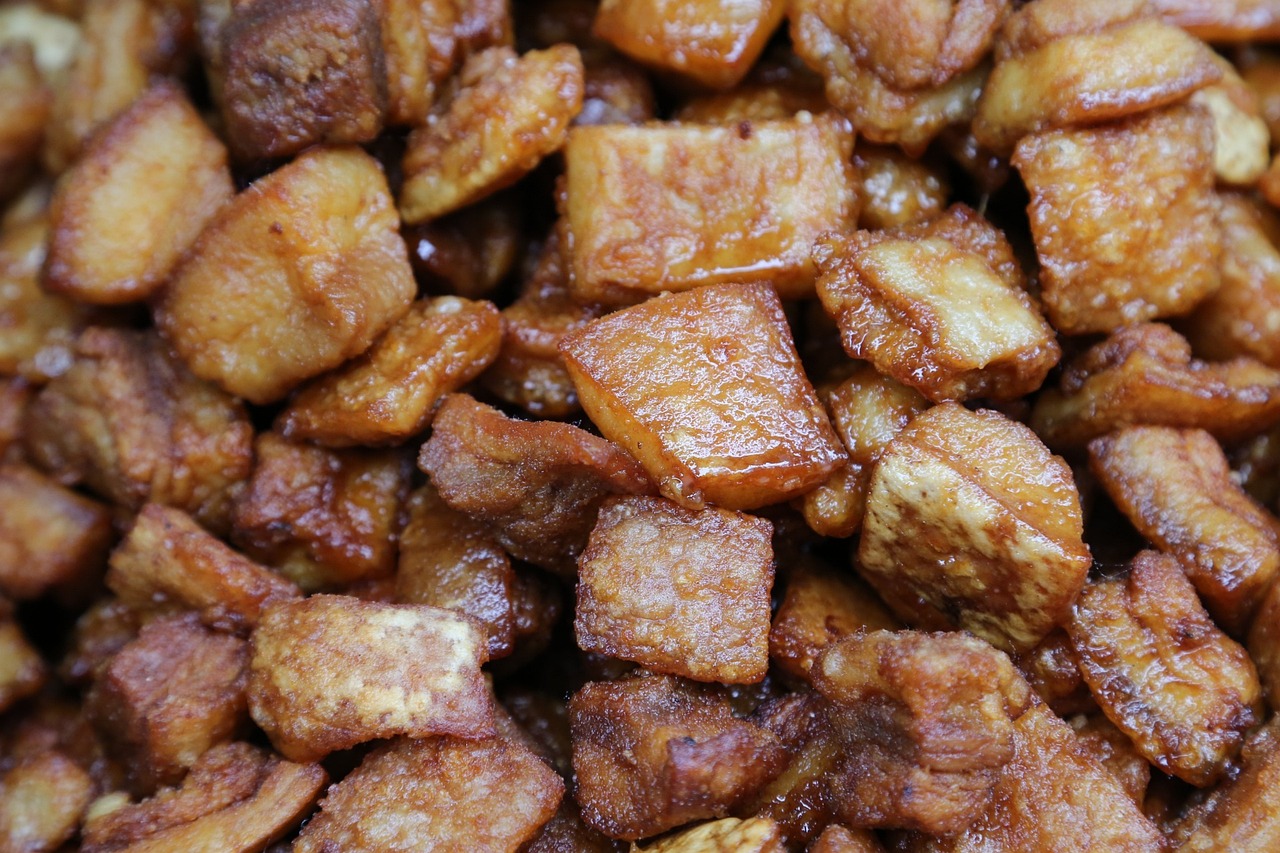Understanding the Impact of Monoculture Farming on Nut and Seed Crop Resilience: Betbhai, Cricket99 exchange, Diamondexch9.con
betbhai, cricket99 exchange, diamondexch9.con: Monoculture farming, where a single crop is grown over a large area, has become increasingly common in agricultural practices around the world. While monoculture farming can lead to increased efficiency and higher yields in the short term, it also has some serious long-term implications for the resilience of nut and seed crops. In this article, we will explore the impact of monoculture farming on nut and seed crop resilience and the challenges it poses for farmers and the environment.
The Problem with Monoculture Farming
Monoculture farming has been widely adopted as a result of the Green Revolution in the 1960s, which promoted the use of high-yielding crop varieties and chemical inputs to increase food production. While monoculture farming can lead to higher yields in the short term, it also has some serious drawbacks.
First and foremost, monoculture farming can lead to a loss of biodiversity. When a single crop is grown over a large area, it creates a monoculture environment that is highly susceptible to pests and diseases. Without the natural diversity of different crops and plant species, there are fewer natural predators to keep pest populations in check. As a result, farmers often have to rely on chemical pesticides to protect their crops, leading to environmental pollution and negative impacts on human health.
In addition to the loss of biodiversity, monoculture farming can also lead to soil degradation. When the same crop is grown year after year, it depletes the soil of essential nutrients and disrupts the natural balance of microorganisms in the soil. As a result, farmers often have to rely on synthetic fertilizers to maintain soil fertility, further exacerbating environmental problems.
The Impact on Nut and Seed Crop Resilience
The impact of monoculture farming on nut and seed crop resilience is particularly concerning. Nut and seed crops, such as almonds, pistachios, and sunflowers, are essential for human nutrition and provide important ecosystem services, such as pollination and soil fertility. However, when these crops are grown in monoculture environments, they become more vulnerable to pests and diseases, as well as extreme weather events.
For example, the almond industry in California has been severely impacted by the monoculture farming of almonds. Almond trees are highly susceptible to pests and diseases, such as the honeybee-killing Varroa mite and the fungal disease almond scab. When almonds are grown in monoculture orchards, these pests and diseases can quickly spread from tree to tree, leading to widespread crop losses.
In addition to pest and disease pressures, nut and seed crops grown in monoculture environments are also more vulnerable to extreme weather events, such as droughts and heatwaves. Climate change is expected to increase the frequency and severity of these events, further exacerbating the challenges faced by farmers.
The Role of Agroecology in Promoting Nut and Seed Crop Resilience
Agroecology offers a more sustainable alternative to monoculture farming by promoting biodiversity, soil health, and ecosystem resilience. Agroecological practices, such as crop rotations, agroforestry, and cover cropping, can help farmers diversify their farms and reduce their reliance on chemical inputs.
By incorporating a diversity of crops and plant species into their farming systems, farmers can create more resilient agroecosystems that are better able to withstand pest and disease pressures, as well as extreme weather events. For example, intercropping nut and seed crops with other crops, such as legumes or cover crops, can help naturally suppress pest populations and improve soil fertility.
Agroecology also emphasizes the importance of building healthy soil through practices such as composting, mulching, and no-till farming. By enhancing soil health, farmers can improve nutrient cycling, water retention, and plant resilience, reducing the need for synthetic inputs and promoting long-term sustainability.
FAQs
Q: What are the challenges of monoculture farming for nut and seed crops?
A: Monoculture farming can lead to a loss of biodiversity, soil degradation, and increased vulnerability to pests, diseases, and extreme weather events for nut and seed crops.
Q: How can agroecology help promote nut and seed crop resilience?
A: Agroecology promotes biodiversity, soil health, and ecosystem resilience through practices such as crop rotations, agroforestry, and cover cropping, which can help farmers diversify their farms and reduce their reliance on chemical inputs.
Q: What are some examples of agroecological practices for nut and seed crops?
A: Intercropping nut and seed crops with other crops, such as legumes or cover crops, composting, mulching, and no-till farming are examples of agroecological practices that can help promote nut and seed crop resilience.
In conclusion, monoculture farming poses serious challenges for the resilience of nut and seed crops, threatening food security and environmental sustainability. By adopting agroecological practices that promote biodiversity, soil health, and ecosystem resilience, farmers can build more resilient farming systems that are better able to withstand future challenges. It is essential that we support and promote agroecology as a sustainable alternative to monoculture farming to ensure the long-term resilience of nut and seed crops for future generations.







